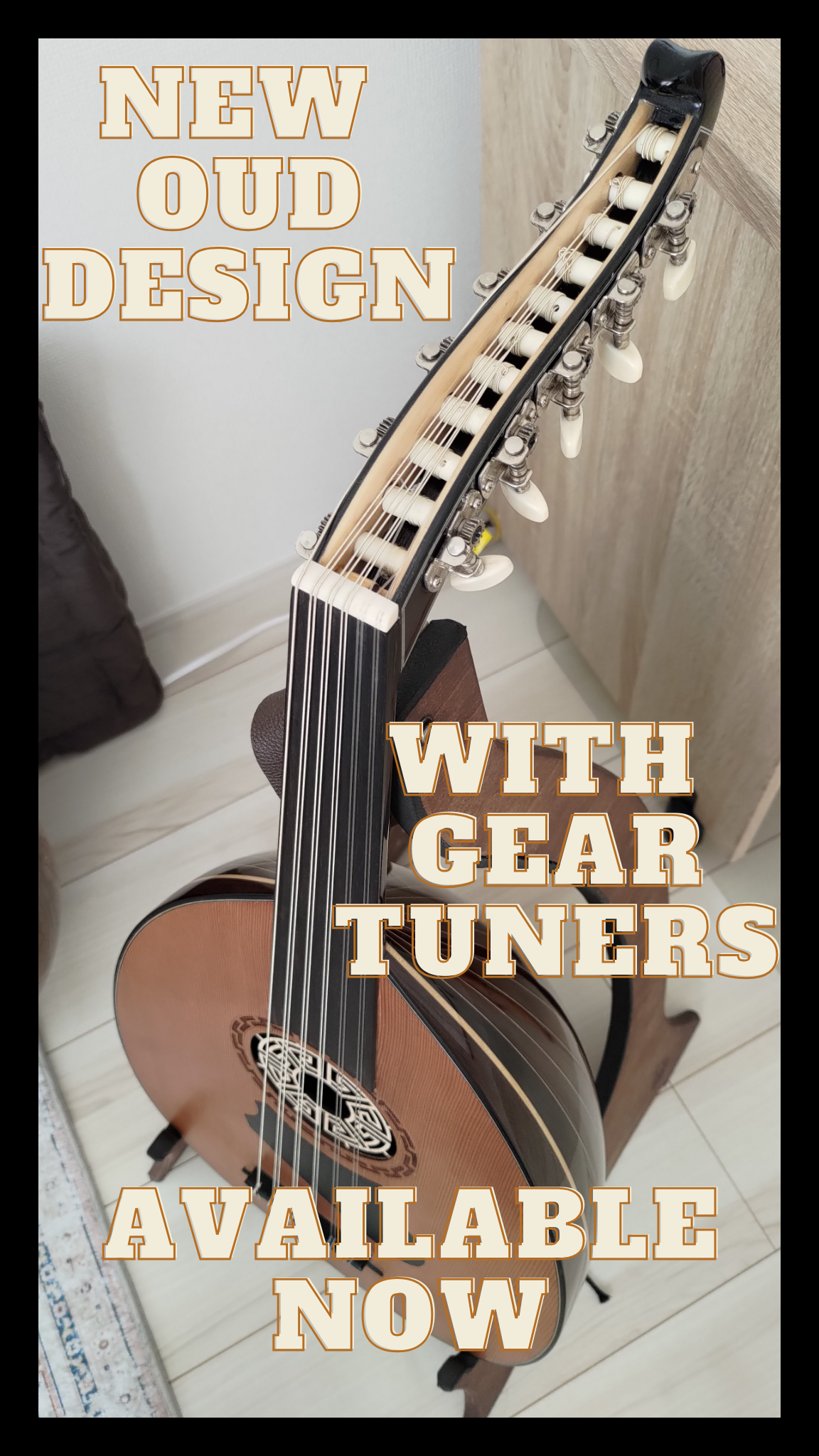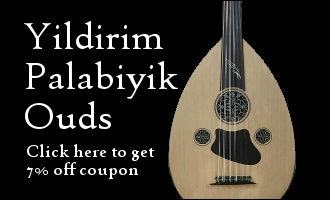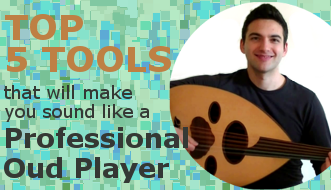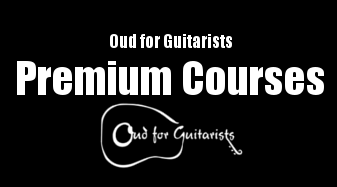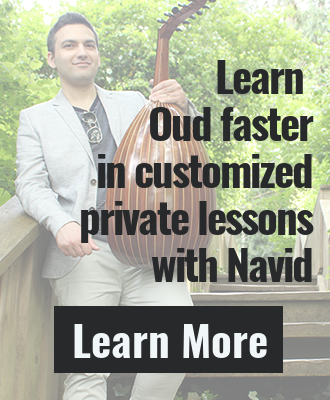Today you’re going to learn about a really important genre of Arabic music. This music is timeless and ancient. It is very different in tone and feeling than Arabic music in Iraq, Syria, Lebanon, Palestine, and Egypt. You can call it Sawt Al-Khaleej, or Sawt for short. Sawt music is the Arabic music I find very intriguing. The rhythms are very unique, and the Oud playing is absolutely furious.…
Read MoreCan you Dance to Traditional Persian Music? Reng-e Nava by Hossein Alizadeh
It’s no secret that Persian musicians are pretty serious guys and gals. Have you ever been to a Persian concert? It’s no dance party, that’s for sure. But if you take a really good look at the music, and the history, you’ll find that Persian music has dance written all over it. That’s what I’m going to demonstrate this week… No, I’m not going to dance… I’ll perform…
Read MoreDiba Ensemble Persian Setar & Oud on Live Radio
This week you’ll have a chance to listen to some new Persian music arranged for Oud and Setar. Diba Ensemble and I will be having a concert May 29, 2015, and we had the opportunity to go on a late night live radio show to talk about and play music. It’s the first Persian concert I’ve done is several years. I’ve been out of the Persian music scene for a…
Read MoreThe Difference Between Persian, Arabic and Turkish Quartertones
If you don’t know anything about me, the first thing you should know is that I only started listening to Arabic and Turkish music about 8 or 9 years ago. I’m Persian, I grew up listening to traditional Persian music, and the bulk of my musical education is in Persian music. So when I started to listen to Arabic and Turkish music I noticed that the quartertones (or…
Read MoreThe Vancouver Intercultural Orchestra
Do you have any plans in the future to play in an Orchestra? Are you forming a world music band or ensemble? Here are a few things to watch for and some suggestions on how to solve the challenges you might face performing and collaborating in this fashion. I started collaborating with the Vancouver Inter-Cultural Orchestra in Vancouver back in 2005 or 2006. This was my first real…
Read MoreThe Amazing SlowDowner
Remember my posts on Farid Al Atrash Taqsim Al Rabeea? How did I learn some intricate parts of his taqsim, especially the really fast parts? I used an Oud learning tool called the Amazing SlowDowner. It’s a nice little app I downloaded to my phone. It’s great for practicing songs, transcribing them, and learning them by ear. One of the problems Oud players often have is tuning our…
Read MoreArabic High ff Tuning: Everything you need to know…
The Arabic High ff Tuning is a great way to add range and versatility to the Oud. I used to wonder why you would want to add range to the Oud, but after learning a few songs using this tuning, I’ve really come to like the Arabic High ff Tuning. How to do it You have to buy a special set of strings to try this tuning. Or you can…
Read More10 Ways to Hold An Oud Risha
There are many ways to hold an Oud risha, believe it or not… I learned how to hold it one way, and I eventually decided that it wasn’t for me and I changed my style and found what suited me better. In this video, you’ll see different styles of risha shape, material, and different ways to hold it. You’ll learn how Simon Shaheen holds his risha, and you’ll even…
Read MoreFarid Al Atrash – Taqsim Al Rabeea
As you may know, I’m from Iranian background and I grew up in that culture in Canada. It wasn’t until about 8 years ago I started to really listen to Arabic music. Over that time period, I’ve really seen some interesting cultural differences through both music cultures. Iranians are expected to stay dead quiet until the end of a performance… Iranian musicians and performers expect their…
Read MoreBaba Bahri with Advanced Oud Techniques
Folk songs are often the most simple and beloved songs in the Middle East. They are easy to learn often because they are repetitive. Folk tunes are often very happy and soul-full. They are timeless, and then never get old or out of style. They also teach you the most about musicality, in my opinion. And when I say “Folk”, I’m not talking about Bob Dylan or Billie…
Read More
